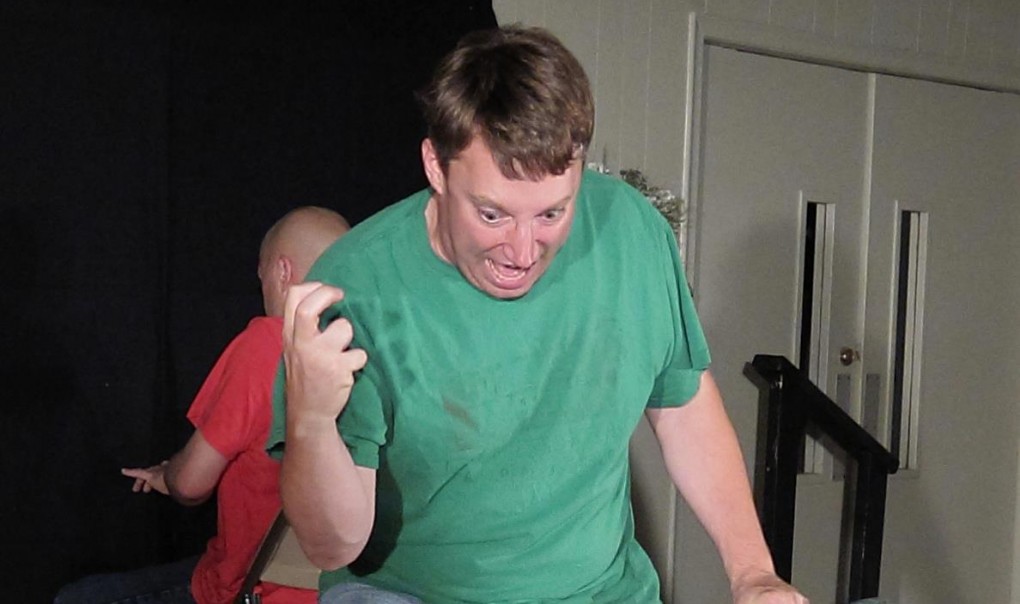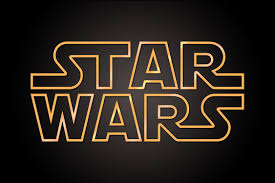On October 30, 2012, George Lucas announced he was selling Lucasfilm to Disney for over $4 billion. Many fans, unhappy with Lucas’s recent management of the franchise, met the news with relief and excitement. The prequels were always going to hang over his head.
Shortly after the acquisition, Disney announced they were continuing the core film series (no surprise). They also declared the Expanded Universe was no longer considered cannon (meaning part of the official Star Wars story) in any way. For those not in the know, the Expanded Universe encompassed all the licensed books, comic books, and games set in the Star Wars Universe. This was met with outrage by fans of said books, comic books, and games, but, frankly, the Expanded Universe stories were never cannon. Lucas had made that clear many times. Fans of the EU derided Disney keeping things like Jar Jar Binks, but disregarding the cool stuff they’d invested in. The thing is, determining cannon has nothing to do with quality. Trust me, I would rather read Heir to the Empire five times in a row than sit through The Phantom Menace again, but only The Phantom Menace counts.
Disney shortly announced a new series of books, comic books, games, spin-off movies, and TV show (Rebels) that would be part of the Star Wars cannon. If they produced a book about what happened between Episodes V and VI, it was something that officially happened.
This has been more or less accepted by fans of the series, including those who felt their love of the Expanded Universe had been dismissed. The thing is, none of it is cannon since Lucas parted with the property, including the main films.
Now, Lucas was never the sole author of Star Wars. Film is a collaborative medium, after all, and even the films he wrote and directed himself (Episodes I-IV) had input from others. That said, he was the final decision maker on the six original films (and the Clone Wars TV series), and nothing went into those movies without his thumbs-up. He may not have been the sole author, but he was the final decision maker on what was and wasn’t going to be the characters’ stories.
Fast-forward to pre-production on Episode VII (The Force Awakens). Lucas had given the new creative team his outline for the film, but they decided to go with another approach and tossed it aside. Now they were well within their rights to do this. Lucas sold the property to Disney without any requirement to use his outline. Also, Abrams and company were probably correct in determining that Lucas’s story wasn’t the best direction for the series. The ramification of this decision, though, was that the new films will now be in the same category as the Expanded Universe.
Imagine thirty years from now, Disney has a crisis and has to sell Lucasfilm to another company. That company announces they have Lucas’s outline for Episodes VII-IX, which they’ll use to make new films. Also, all the Disney supplementary works will be set aside, like the EU, and they’ll be putting out their own spin-off films, comics, TV shows, etc. Since they’re working from Lucas’s notes, they’ll declare their Episodes VII-IX will be the real entries in the core film series, unlike Disney’s.
But that won’t be ironclad either. Lucas’s original outline for The Empire Strikes Back involved Luke finding his father and sister in exile. During the pre-production process, the whole thing was simplified into making Darth Vader Luke’s father and writing the sister out (before making her Leia for the third film). Those changes were made while he worked on the script with others. The filmmakers of the hypothetical films would still have to hammer their own scripts out, probably making similar changes without Lucas’s sign off (I’m assuming he’ll be gone). That would be enough to claim that they’re not totally in-cannon either.
At the end of the day, the rock-solid, cannon story of Star Wars will be Episodes I-VI and the Clone Wars TV show. Everything else will be elements future owners of the property can use or ignore based on their own plans. It doesn’t matter how good or bad Disney’s material is. We may all have a great time watching it, but it’s all fan fiction from this point forward.
Don’t forget: My book, Gina Beale: Into the Fire, is on Kindle now and can be purchased HERE. It’s a great read, but only if you like great reads.

